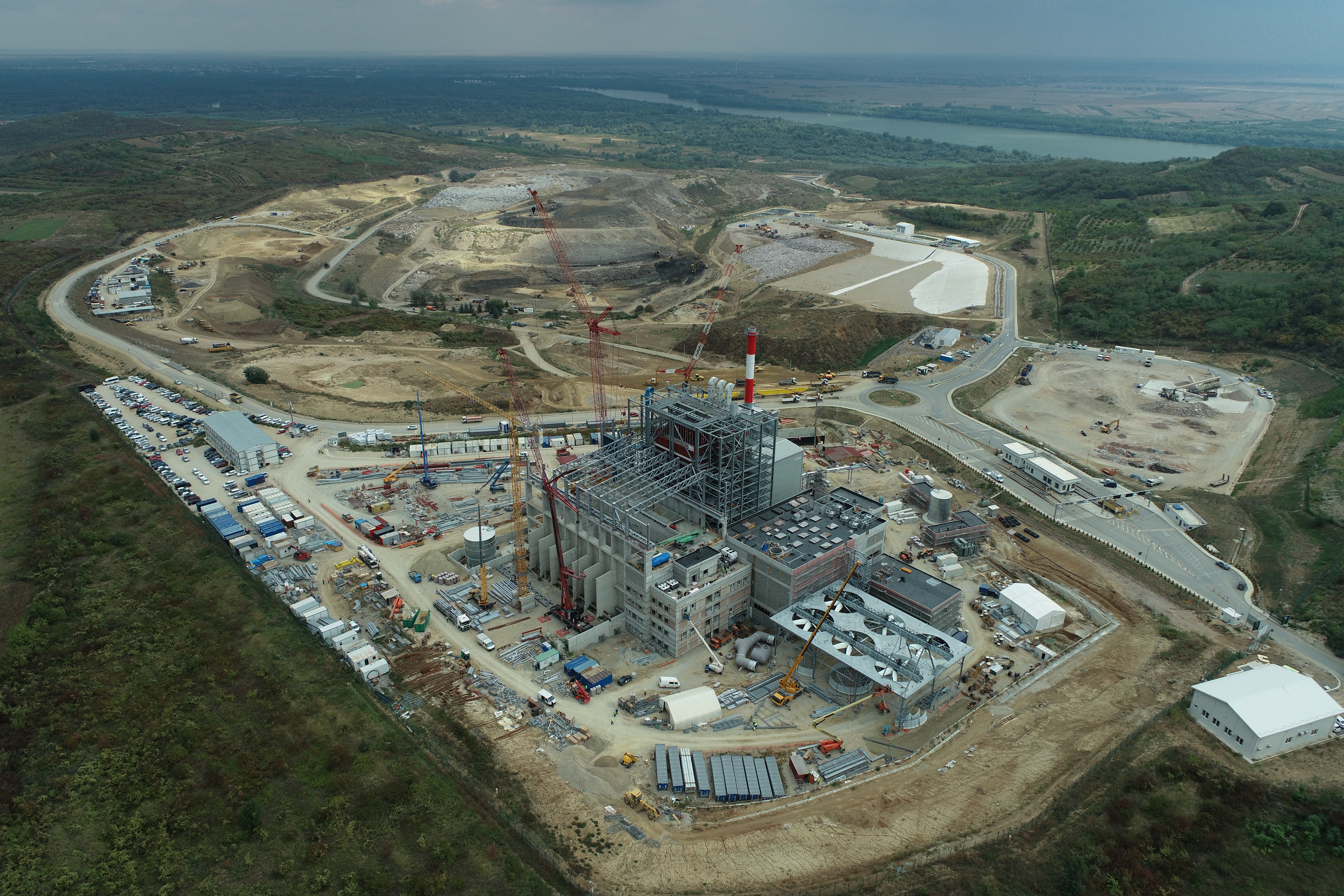1103 results found
Featured results



More results
An updated Checklist on Long-term Investment Strategies and Institutional Investors stresses on issues related to the identification of long-term investment needs.

The guidelines give concrete advice to countries on how to manage their responsibilities as company owners, thus helping the state-owned enterprises to become more competitive, efficient and transparent.

The OECD Guidelines for Multinational Enterprises provides recommendations to businesses in the areas of disclosure; human rights; employment and industrial relations; environment; combatting bribery and more.

The G20/OECD Principles of Corporate Governance help policy makers evaluate and improve the legal, regulatory, and institutional framework for corporate governance, with a view to supporting economic efficiency, sustainable growth and financial stability.

This is a practical guide describing "how to design, implement, and measure progress with regard to knowledge exchange initiatives," according to the World Bank's summary.

The Reference tool is meant to serve as a practical tool to help governments and other stakeholders understand and implement the critical success factors that deliver inclusive infrastructure. The Framework for Inclusive Infrastructure summarises the following six Actions Areas and related practices that ought to be considered for the systematic implementation of inclusivity in infrastructure at the policy and project levels.
How can we drive infrastructure delivery reforms? Join GI Hub and Jacobs on 26 October for the launch webinar of our newest initiative, Improving Delivery Models.
The Improving Delivery Models database of globally proven solutions empowers project teams to avoid and resolve common infrastructure delivery challenges.
The Belgrade Waste-to-Energy project is cleaning up one of Europe’s largest uncontrolled landfills and constructing a new, sustainable waste-management complex. It is one of the first large-scale, bankable, private sector waste-to-energy projects in emerging markets. Using a competitive dialogue with five pre-qualified bidders, the City of Belgrade - with the support of IFC acting as a PPP advisor - could offer a bankable DBFO contract bundling the remediation of the landfill (including the management of legacy pollution) with the development of revenue-generating greenfield assets.

Infrastructure Monitor identifies and analyses global trends in private investment in infrastructure to inform future investment and policy.


Long term private investors have long started investing in those assets, but the potential - and the need - for more and better private investment remains huge. Drawing on the vast pool of experience and contributions of LTIIA members, this report analyses the current constraints and current challenges limiting institutional investors’ share of the market.

A Dedicated initiative co-curated by Small Island Developing States (SIDS) and CDRI partners to promote resilient, sustainable, and inclusive infrastructure development in SIDS

This special report is the world’s first comprehensive study of how to transition to a net zero energy system by 2050 while ensuring stable and affordable energy supplies, providing universal energy access, and enabling robust economic growth

Watch the GI Hub and International Finance Corporation (IFC) webinar ‘Green recovery for cities: What role can the private sector play’, the second in the series 'New Deals: Funding solutions for the future of infrastructure'. The discussion explored green recovery solutions and highlighted lessons learnt from two projects.
Join the GI Hub and IFC for Session 3 in the webinar series 'New Deals: Funding solutions for the future of infrastructure'. This session will include an expert panel discussion of innovations for de-risking greenfield investment.
The G20 Finance Ministers and Central Bank Governors (FMCBG) gathered for their fourth official meeting under the Italian G20 Presidency on 13 October 2021. Today, the results of the discussion were shared in the official Communiqué of the meeting and the Fourth Progress Report on the G20 Action Plan.
A new GI Hub initiative, launching in November 2021, tracks the amount of infrastructure as a stimulus announced by G20 governments and presents data insights that will help governments, investors, multilateral development banks, and project directors achieve transformative outcomes from infrastructure in the post-COVID-19 recovery.
Infrastructure is one of the least technologically transformed sectors of the economy and there is a global consensus that our industry needs innovation to solve big challenges like the resilience of infrastructure during future pandemics, the rise of climate change, urbanisation, and an ageing population
Objective information on upcoming project and investment opportunities in the region has historically been disparate, with differing data standards and procurement models by the Australian Federal, State and Territory, and New Zealand Governments. The Australia and New Zealand Infrastructure Pipeline (ANZIP) was developed to provide a forward view of major infrastructure projects and contracts across the two countries.
The NSW Government faced a shortage of skilled workers and an ongoing lack of workforce diversity in the infrastructure industry – particularly with respect to women, Aboriginal and Torres Strait Islander people, and apprentices. The government, in consultation with the construction industry, mandated skills, training, and employment targets for all major government infrastructure projects.



 Inclusive Infrastructure
Inclusive Infrastructure











